Emergency regulation in HK effective
The Hong Kong government invoked an emergency regulation on Thursday to waive licensing and registration requirements for mainland anti-pandemic personnel and projects, as the special administrative region announced a single-day highest COVID-19 tally of 8,798 new infections and a record-high daily death count of 50.
Chui Tak-yi, undersecretary for food and health, said over 60,000 infections have been reported in the fifth wave of the COVID-19 outbreak in the special administrative region and it is still raging on.
In a statement for enacting the emergency law, the SAR government said, "It is foreseeable that the number of newly confirmed cases of COVID-19 will continue to escalate exponentially and go beyond the epidemic control capacity of the HKSAR government.
"Hong Kong's healthcare system, manpower, anti-epidemic facilities and resources, etc, will soon be insufficient to handle the huge number of newly confirmed cases detected every day."
The Emergency (Exemption from Statutory Requirements)(COVID-19) Regulation will provide a legal framework for the central government to expeditiously render much-needed support to Hong Kong to meet the increasing needs.
With the enactment of the law, the HKSAR government can draw support and resources from the mainland in "a flexible and prompt manner to undertake key anti-epidemic projects at full speed when necessary", the statement continued.
Official data showed that about 1,200 Hospital Authority employees have been confirmed infected during the new outbreak. In an internal authority memo, recovered staff members were allowed to return to work with a negative test result seven days after their positive diagnosis.
Hong Kong private surgeon Kelvin Wong Kiu-fung said it is imperative that the legal hurdle for bringing in mainland doctors and nurses to address the medical staff shortage the city faces is sorted out.
Starting on Saturday, the city's 300-ward Tin Shui Wai Hospital in New Territories will be a designated hospital for treating COVID-19 patients.
On Thursday, the city also began its much awaited "Vaccine Pass "program, which requires anyone age 12 or older to provide proof of vaccination before entering public places like shopping malls, wet markets, entertainment establishments and hotels. The program, which has three phases, will eventually require all adults to have had three COVID vaccinations to enter such places.
The government will conduct spot checks in public venues like malls and supermarkets. At premises such as restaurants, staff are required to scan visitors' QR codes to confirm that they are either vaccinated or have a medical exemption certificate.
A 35-year-old mother surnamed Fung said she will still use the "Vaccine Pass" function to protect her family's health, even though she was not asked to verify her status when she entered the wet market.
The same goes for a 38-year-old salesman surnamed Lau, who said he found it reassuring to scan before going into shopping malls and wet markets, given the severity of the pandemic situation.
A retired couple surnamed Lee, who are in their 60s, said it is good to see the central government lend a helping hand to Hong Kong, when the city is unable to complete building makeshift hospitals on its own.
They suggested that the SAR government could also seek the central government's help in a full lockdown of the city to go with the mass testing planned in March.
 最新热点
最新热点
-
遇见广州,解锁未来都市的N种模样 | 粤见APEC
-
独家视频丨习近平同乌拉圭总统奥尔西举行会谈
-
独家视频丨习近平同乌拉圭总统会谈:持续深化全面战略伙伴关系 加强全球南方团结协作
独家视频丨习近平同乌拉圭总统会谈:持续深化全面战略伙伴关系 加强全球南方团结协作
最新热点2月3日上午,国家主席习近平在北京人民大会堂同来华进行国事访问的乌拉圭总统奥尔西举行会谈。 习近平指出,中国有句古语,“相知无远近,万...
-
独家视频丨习近平同乌拉圭总统会谈:你是中国人民的好朋友 也是今年首位访华的拉美国家元首
独家视频丨习近平同乌拉圭总统会谈:你是中国人民的好朋友 也是今年首位访华的拉美国家元首
最新热点2月3日上午,国家主席习近平在北京人民大会堂同来华进行国事访问的乌拉圭总统奥尔西举行会谈。 习近平指出,38年前的今天,中乌实现建交。38年来,无...
-
广东这个千年古县,韩愈来了都说好



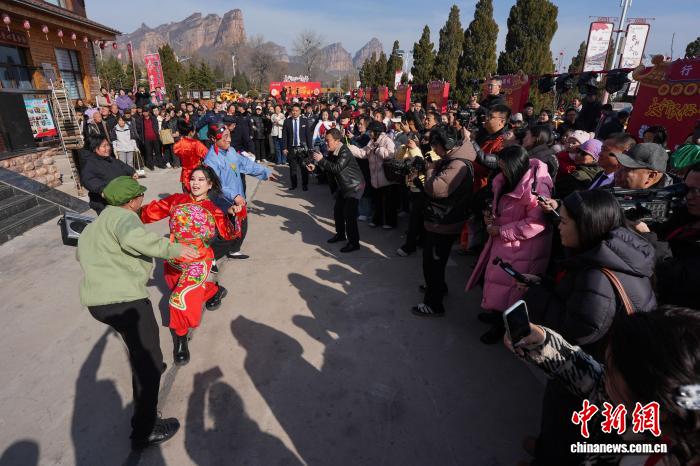
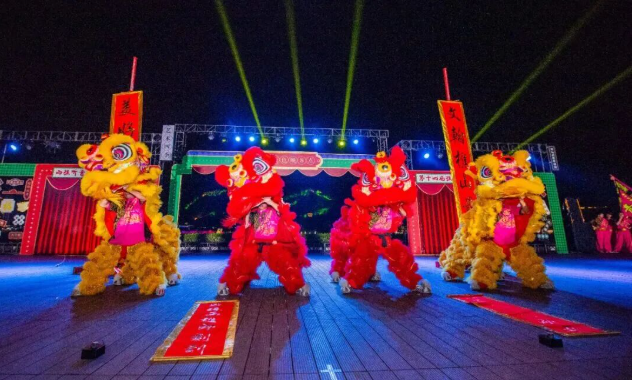

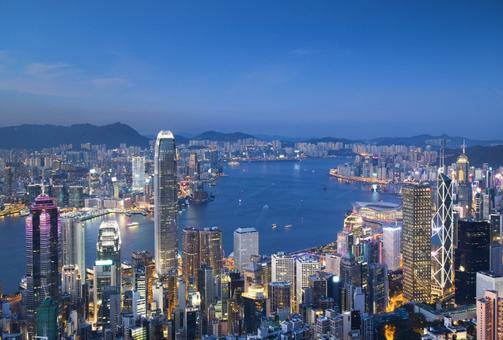
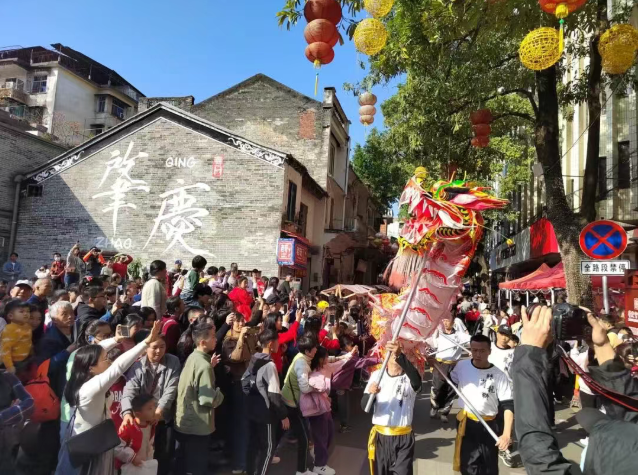
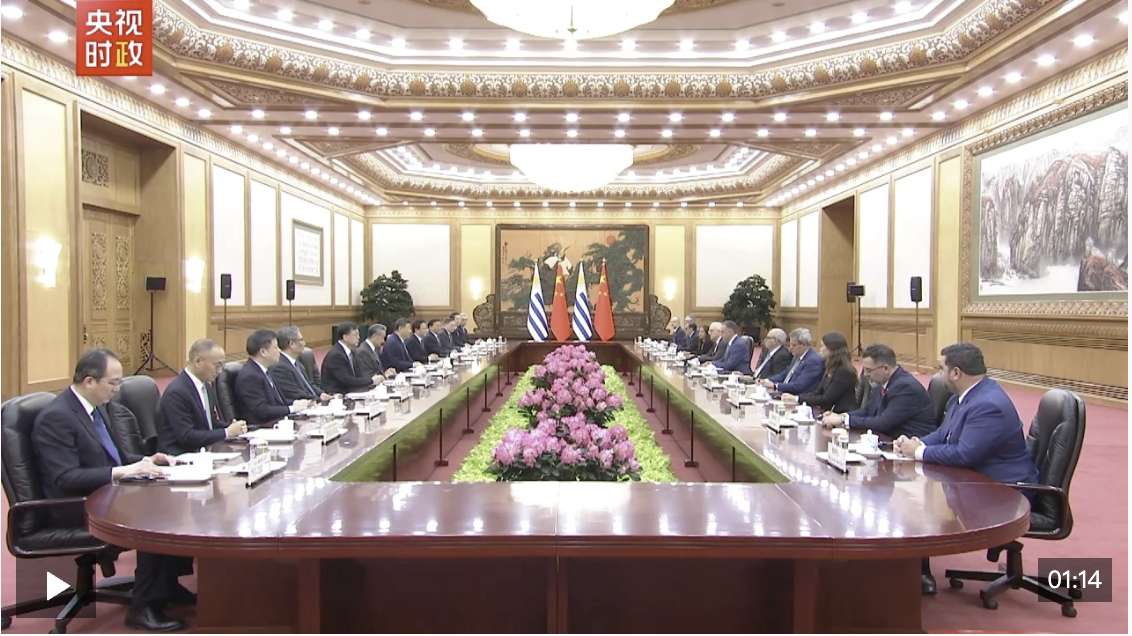

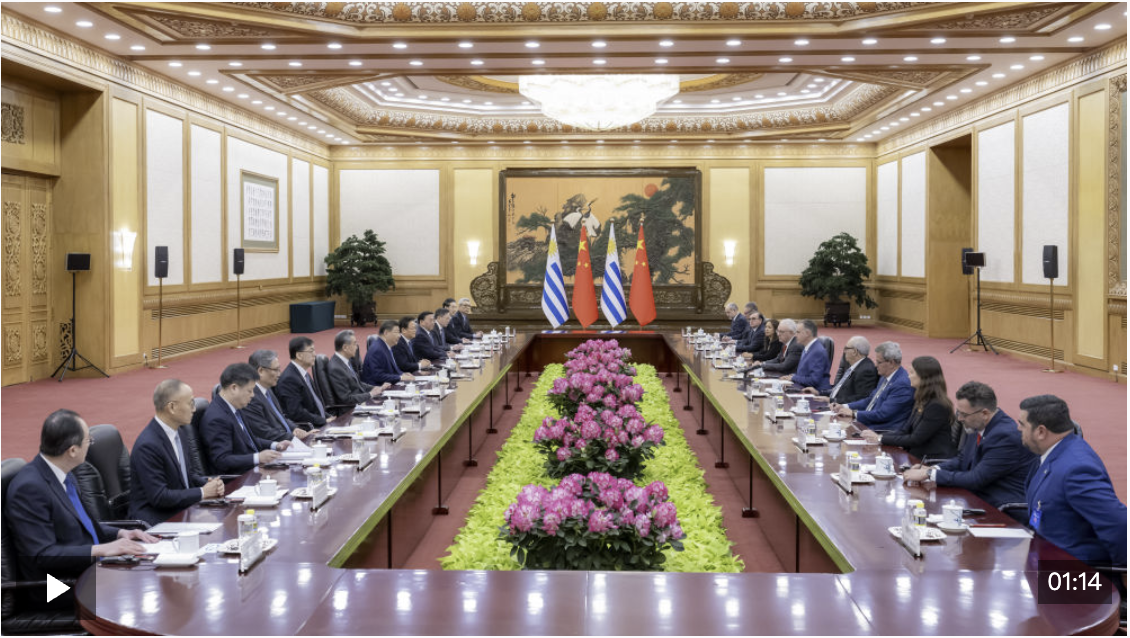


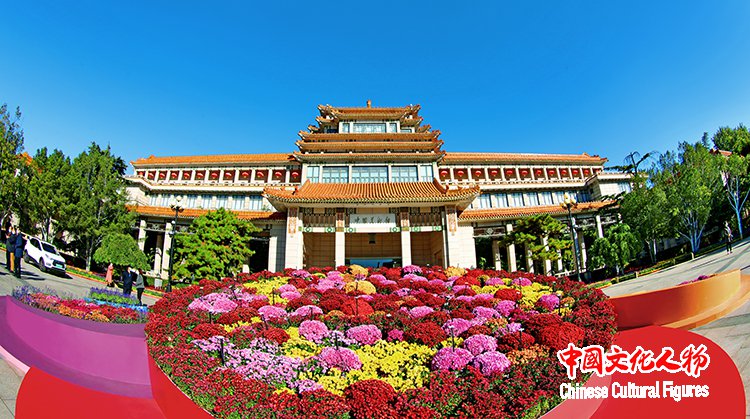
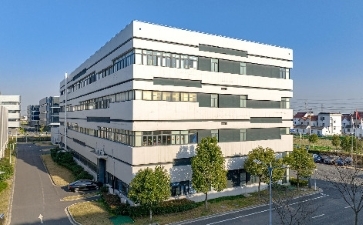 北京将打造现代化首都都市圈 壮大先进制造业集群
北京将打造现代化首都都市圈 壮大先进制造业集群
 中国“个性年货”俏销 多元供给精准对接需求
中国“个性年货”俏销 多元供给精准对接需求
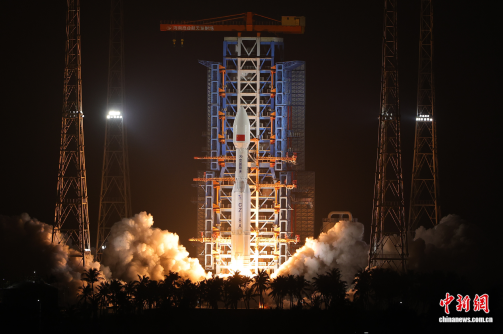 中国成功发射卫星互联网低轨18组卫星
中国成功发射卫星互联网低轨18组卫星
